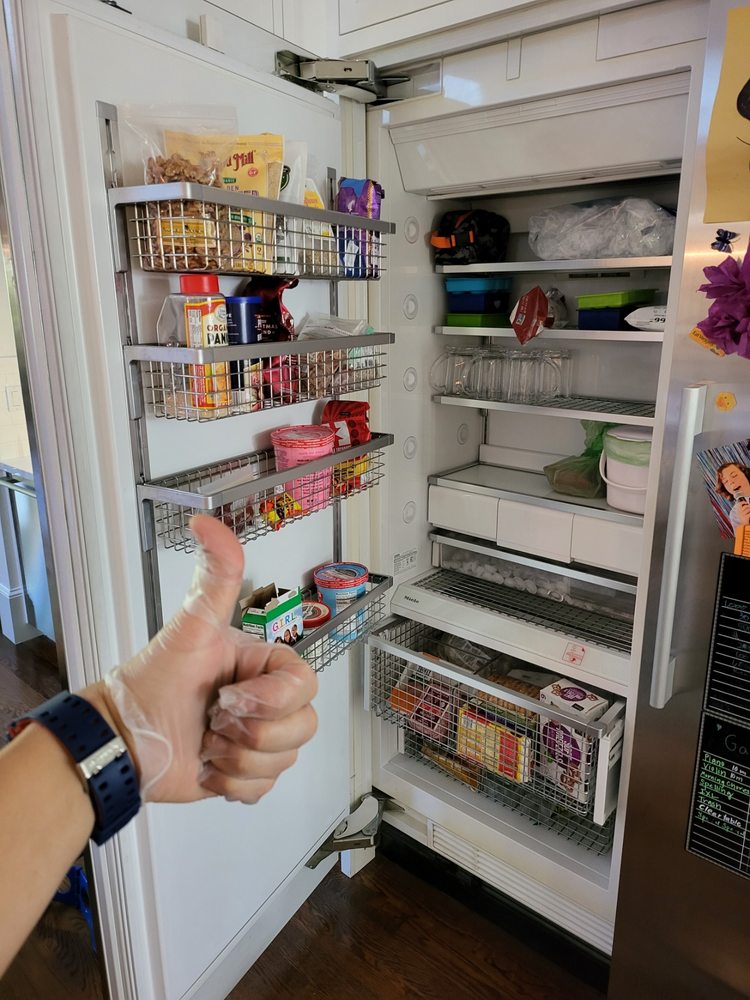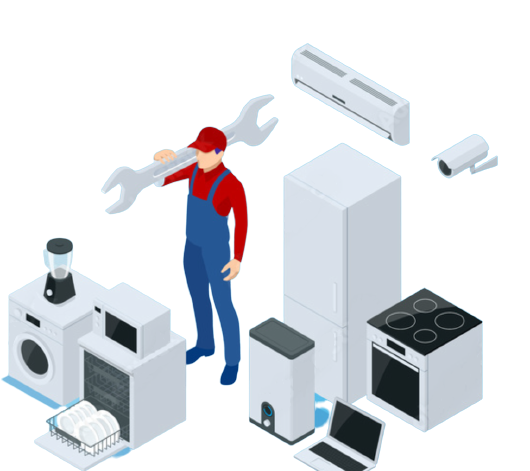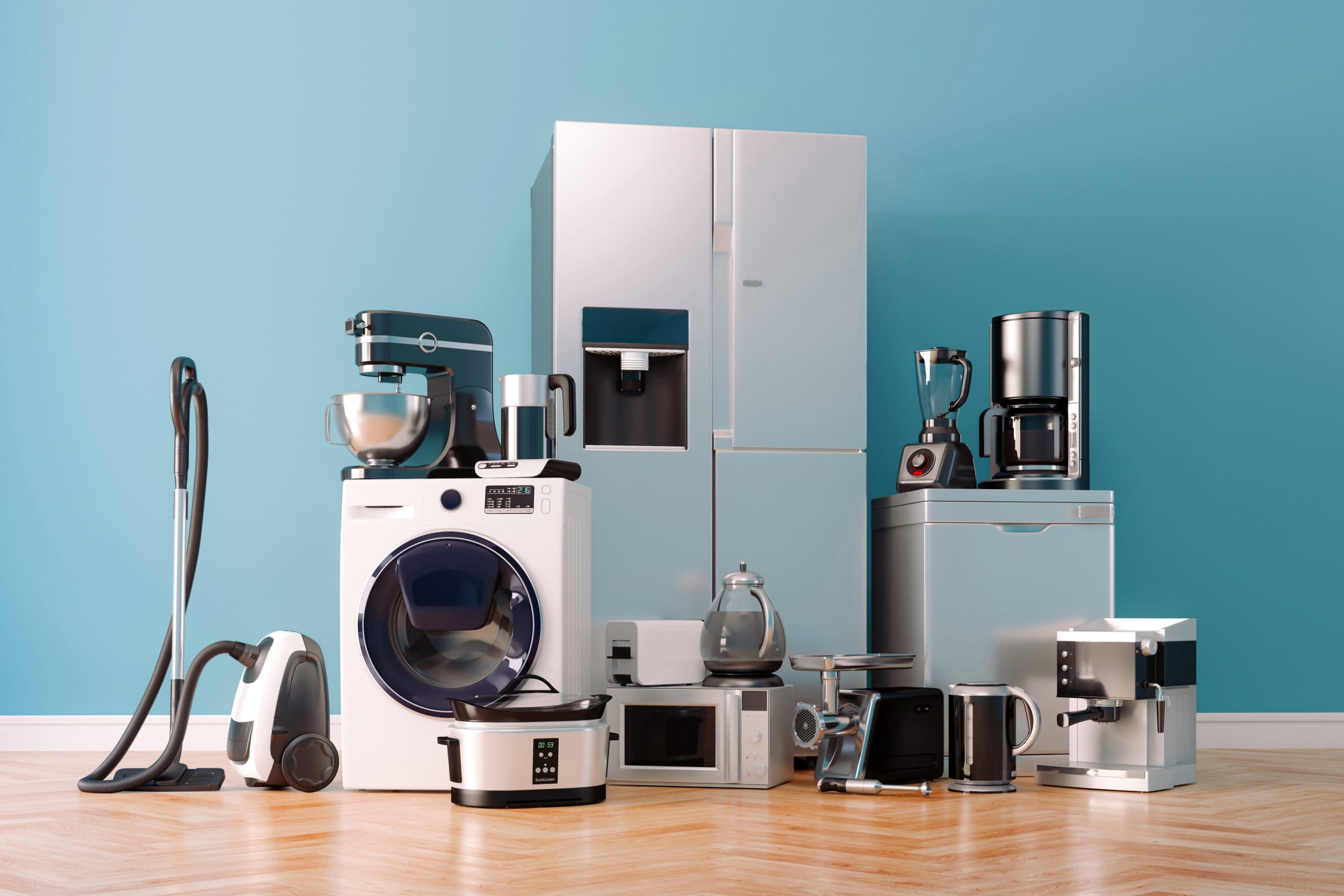Deciding whether to repair or replace an appliance can be tricky. Here are a few tips to help you make the right decision:
1. Age and Condition of the Appliance
- Appliances over 10 years old, especially refrigerators, washers, and dryers, might be better off being replaced. Newer models come with more energy-efficient features and could save you money in the long run.
- If your appliance is consistently having problems, replacement might be more cost-effective than continuing to repair it.
2. Repair Costs vs. Replacement Costs
- If the cost of the repair exceeds 50% of the price of a new appliance, it may be time to replace the appliance instead. Factor in both the cost of the repair and the energy efficiency of newer models to make the best decision.
3. Energy Efficiency
- Older appliances tend to use more energy, which can increase your utility bills. If your appliance is outdated, replacing it with an energy-efficient model will save you money over time.
4. Frequent Breakdowns
- If your appliance has broken down multiple times in a short period, it’s often a sign that it is nearing the end of its useful life. In such cases, replacement is often more reliable than ongoing repairs, which may not fix the underlying issues.
5. Safety Concerns
- If your appliance is showing signs of dangerous malfunctions, such as electrical issues, gas leaks, or potential fire hazards, it’s best to replace it. Safety should always be a top priority.
By considering the age, repair costs, and efficiency of your appliance, you can make an informed decision about whether to repair or replace it. In many cases, replacing an old, inefficient appliance with a new one can save you money and improve your home’s overall efficiency.



